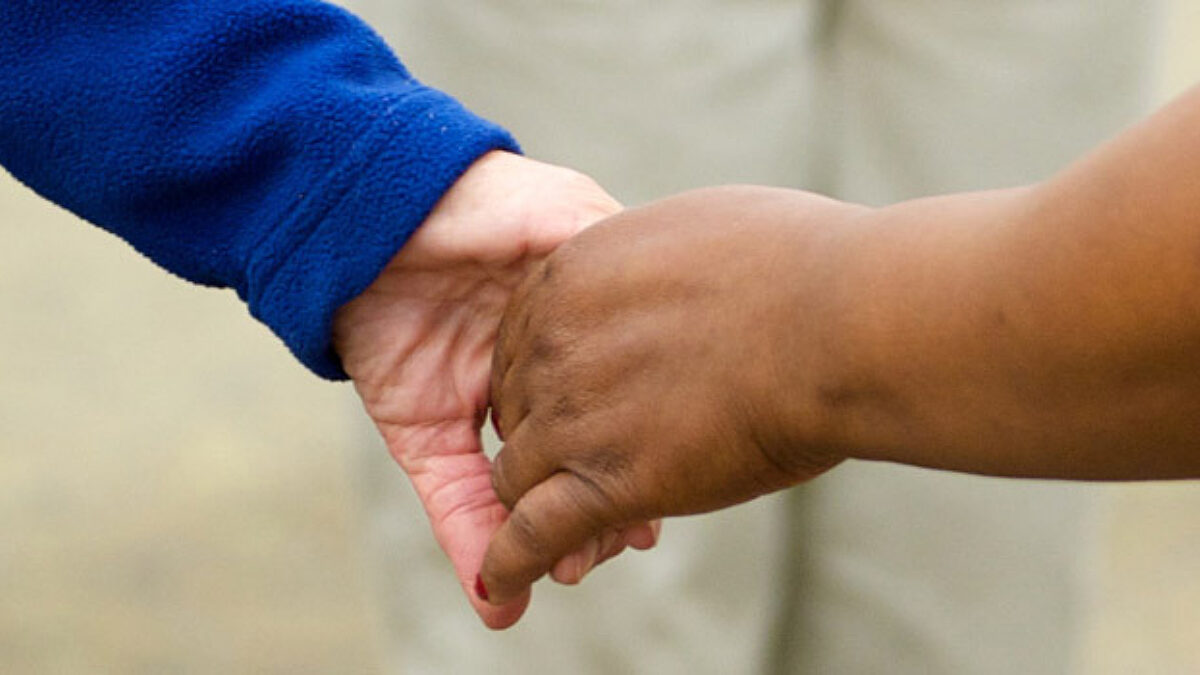
Advocate S.C. Stories of Racial Awakening Project: Narrative 2
Privilege is not pretty
By Cindy Curtis
Editor’s note: The following is the second narrative accepted for publication in the Advocate’s new South Carolina Stories of Racial Awakening Project. The Advocate will select up to 10 narratives to be published in the Advocate, one a month for 10 months. See guidelines here.
I am not prejudiced! I lived through integration, welcoming the students who were bussed across town into my seventh grade class with open arms. I was one of the first of my peer group to make true friends with the black kids.
I am not prejudiced!
That is what I kept telling myself as I attended a meeting led by my pastor, the Rev. Brad Gray. He asked us to just come and have a conversation about race. Simply talk. He showed us a clip from an annual conference Bible study by the Rev. Paul Harmon. Harmon addressed a concept I had never heard mentioned before called white privilege. Just the sound of those two words sent shivers of righteous indignation up my spine. The very words evoke a strong negative connotation. I immediately went into defense mode. Rightly so, because I am white, but I am not privileged or prejudiced.
As the video played out, I began to squirm a little, because he talked about things I had never even considered in race relations. Simply because I am white, I do not have to think about them. I take for granted that no one will judge me as a threat just because of the color of my skin when I walk into a store, a darkened parking lot or a playground. I take for granted that people will not cross to the other side of the street when I walk down the sidewalk or clutch their purse a little tighter because I walk by. This is white privilege. Because I am white, I do not have to think about or grapple with these injustices that people of other races deal with every day.
Maybe I am a little prejudiced?
A short time later, I attended a conference where Kathy Khang, one of the authors of “More Than Serving Tea,” shared her experiences of life in America from her perspective as an Asian. I am not really prejudiced, but I wanted to hear her speak. After she spoke of the American stereotyping of her culture, she showed some photos on the large screens of a church having a Mexican-themed supper night. The smiling people had on those fake mustaches and large sombreros, obviously enjoying the event. I was not sure where she was going with this until she spoke out that this type of racial stereotyping is offensive and an insult to their culture to portray the Mexican heritage as mustached sombrero-wearing peasants. The church probably did not even consider their themed supper could be hurtful. White privilege strikes again.
Scrolling through my social media feed, I came across a blog written by Maralee Bradley, a white mom of an adopted black son. She wrote this to the parents of her son’s white friends. She calls them to action asking them to talk about racism and to call people out for making racist comments. She admonishes them to treat her son with respect, not to ask if they can touch his hair or speak cultural slang to him. She tells her son to keep his hands out of his pockets and to not sneak around in white peoples’ yards playing hide and go seek. She asks the white friends to stand by her son should something occur, and that they not run away and leave him alone to face accusers who will judge him by race before they ask questions.
I never had to think about any of this when my white children went to visit a friend’s home. Just because I am white. Privilege is not pretty.
So yes, parts of me are prejudiced. I have to change. I will face white privilege, and I will call it what it is. No more excuses. No more acting like it is not that bad. I make excuses that it is not intentional, and I would never hurt someone who is different from me. I just don’t think like that. But not thinking about something is just as bad as intentionally hurting someone.
Curtis, 57, is a white female and a member of St. Andrews Parish UMC, Charleston.